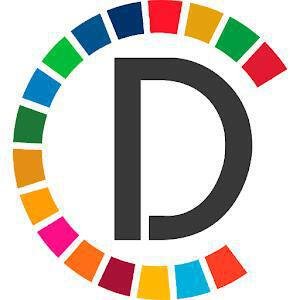As Christmas nears, baristas at nearly 60 Starbucks locations across the U.S. have brewed up something different: a strike. The strike started Friday, Dec. 20, in Los Angeles, Chicago and Seattle but has grown to more cities and may last through Christmas Eve.
It now includes locations in Boston, New York, Philadelphia, Pittsburgh, Columbus, St. Louis, Dallas, Denver and Portland, Oregon.
Starbucks Workers United, the group leading the unionization efforts in recent years, says its negotiations with the company have been more bitter than sweet.
They accuse the company of failing to honor its pledge to reach a labor agreement with the union this year. They also say the company hasn’t done enough to resolve hundreds of complaints filed by workers with the National Labor Relations Board.
“Our hope is that this will, they will come back to the bargaining table and they will give us livable wages so that we can afford to pay our rent, we can afford our groceries, we can afford to live,” said Kai Krawczeniuk, a striking Starbucks employee. “Because right now, we’re struggling. And it is not okay for this company to be making billions and billions of dollars while its employees can barely afford rent.”
Starbucks says it has committed to annual raises of at least 1.5% for unionized workers. The company says workers earn an average of $18 per hour but can get a package worth $30 an hour when factoring in benefits.
Starbucks said the strike had “no significant impact” on operations at its roughly 10,000 company-owned stores in the U.S.
A little over 500 of those have baristas who voted to join the union. However, the union did urge people supporting the strikes not to buy from any Starbucks location during the strike.


































































































